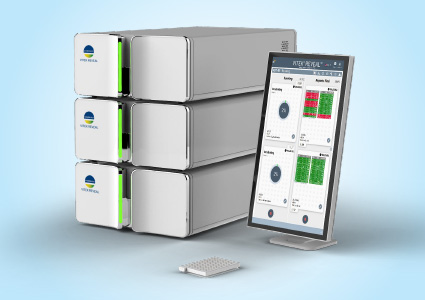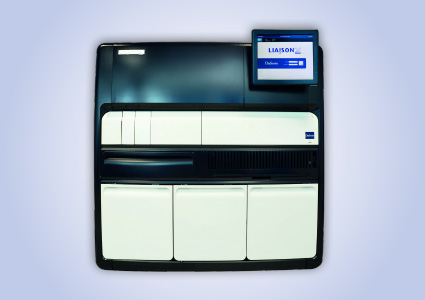- Show Menu
- Contact Us
- FAQs
- Reader Service
- Survey Data
- Survey Winners
- Testimonials
- Upcoming Events
- Webinars
{{ article.title }}
{{ issue.titleLine }}
- Page #{{ article.pageNumber }}
Category:
Categories:
{{ c.name }},
 REQUEST MORE INFORMATION from suppliers in this category
REQUEST MORE INFORMATION from suppliers in these categories
REQUEST MORE INFORMATION from suppliers in this category
REQUEST MORE INFORMATION from suppliers in these categories
Click on a product name to expand the listing.
 Click this icon to request more information on a product.
Click this icon to request more information on a product.
WHERE TO FIND
{{ wtfiCategory.name }}
For a full list of vendors offering {{ wtfiCategory.name }}, go to: {{ siteUrl }}/findit
Key {{ wtfiCategory.name }} Suppliers
Login
Like what you've read? Please log in or create a free account to enjoy more of what {{ siteUrl }} has to offer.
Would you like to forward this article to a colleague?
{{ forwardPopupMessage }}
Recent Popular Articles
About Us
MedicalLab Management Ridgewood Medical Media, LLC
Quick Links
Subscribe to Our Email Newsletter!
© 2005 - 2026 MLM Magazine - MedicalLab Management.
All rights reserved.









